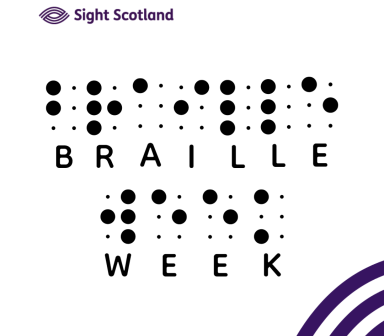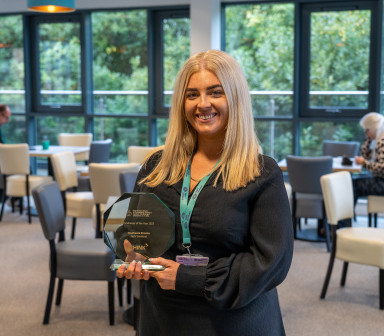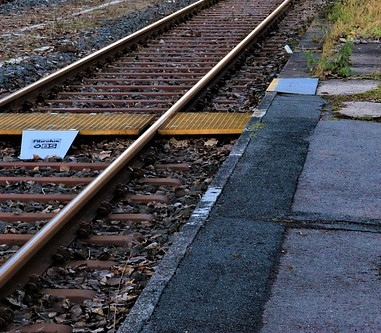For over 230 years, we're proud to have supported people in Scotland to overcome the barriers of sight loss.
Over the course of over two centuries, Sight Scotland has evolved, adapted, and grown in response to the changing needs of those we support. From our early days as the Royal Blind Asylum for Scotland, founded in 1793, to our present form as Sight Scotland, our commitment to improving the lives of people with sight loss has remained unwavering.
We recently celebrated our 230th year anniversary with an event in the Grassmarket in Edinburgh. Over 120 people attended the event, which was a mix of celebrating the past but also looking forward to the future.
Moving forward, Sight Scotland is continuing our evolution and plan to focus on 3 key priority areas:
-
Making vision loss the priority it needs to be in Scotland.
-
Helping those impacted by vision loss to live well.
-
Accelerating breakthroughs in the prevention and treatment of vision loss.
Sight Loss Councils
One example of this evolution is the launch of Sight Loss Councils in Scotland.
Sight Scotland are delighted to be doing in partnership with Thomas Pocklington Trust and Visibility Scotland. Sight Loss Councils are led by blind and partially sighted people. Members use their lived experience to tackle local and national issues to improve the accessibility of services.
Together Sight Loss Councils prioritise issues identified by blind and partially sighted people locally and nationally. These priorities include accessible transport and streets so blind and partially sighted people can travel independently and safely. They also work to increase the accessibility of healthcare, shopping, museums and galleries, and sports and leisure facilities, depending on local area need.
National Braille Week
We held our 230th anniversary celebrations during National Braille Week.
National Braille week is a week when we not only honour the genius of Louis Braille, but also recognise the enduring importance of Braille in fostering inclusivity and empowering those who are blind or visually impaired.
Braille has provided thousands of people with the ability to read, write, and access information independently. Through Braille, they gained literacy, freedom of expression, and the power to navigate a world that can sometimes be overwhelmingly visual.
But Braille is not just a code; it's a symbol of empowerment. It represents a world where barriers are torn down, where every individual, regardless of their visual abilities, can participate fully in society. National Braille Week is a reminder that access to information, education, and culture should be a fundamental right for everyone, regardless of their abilities.


